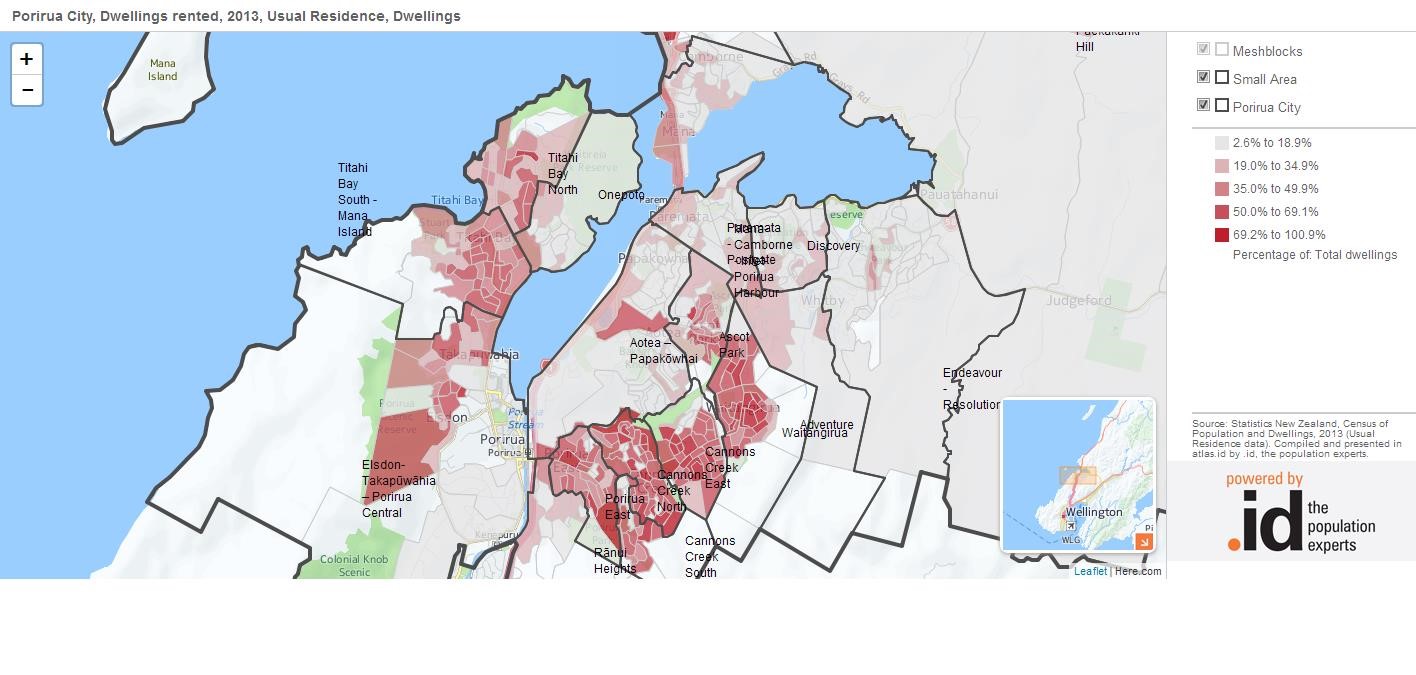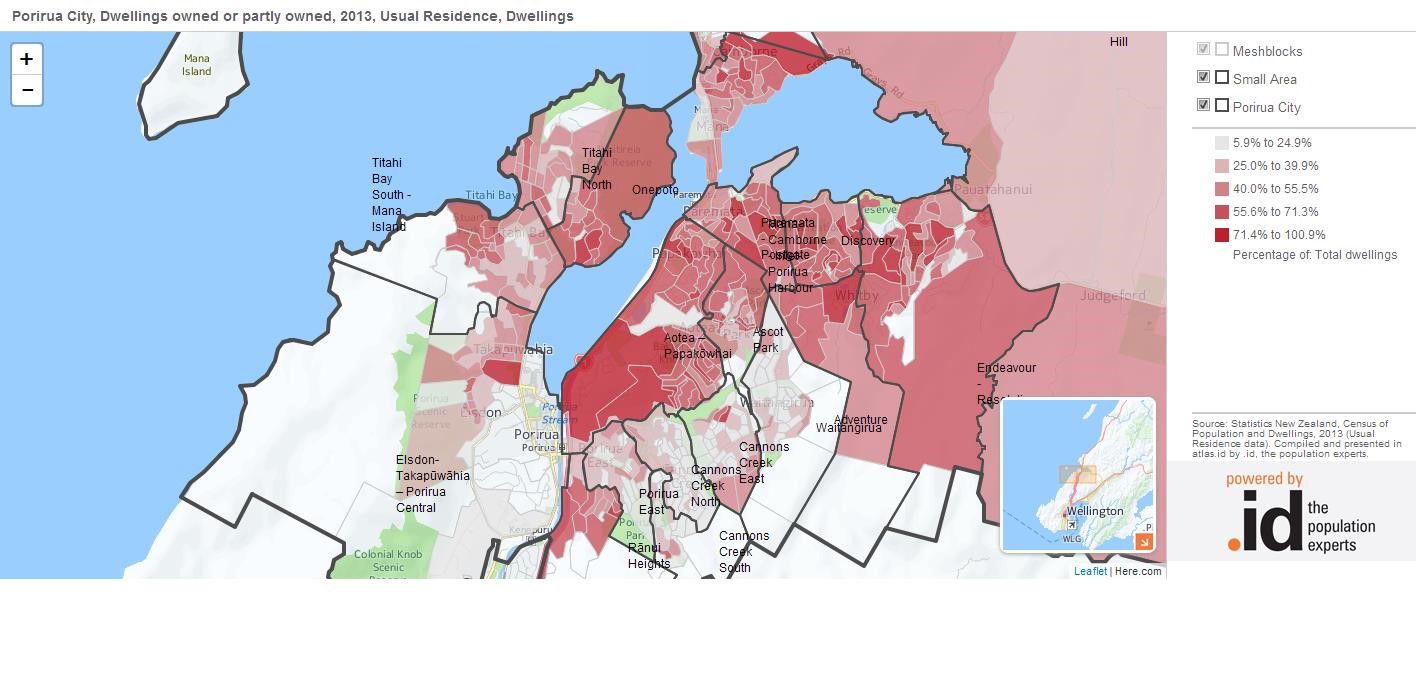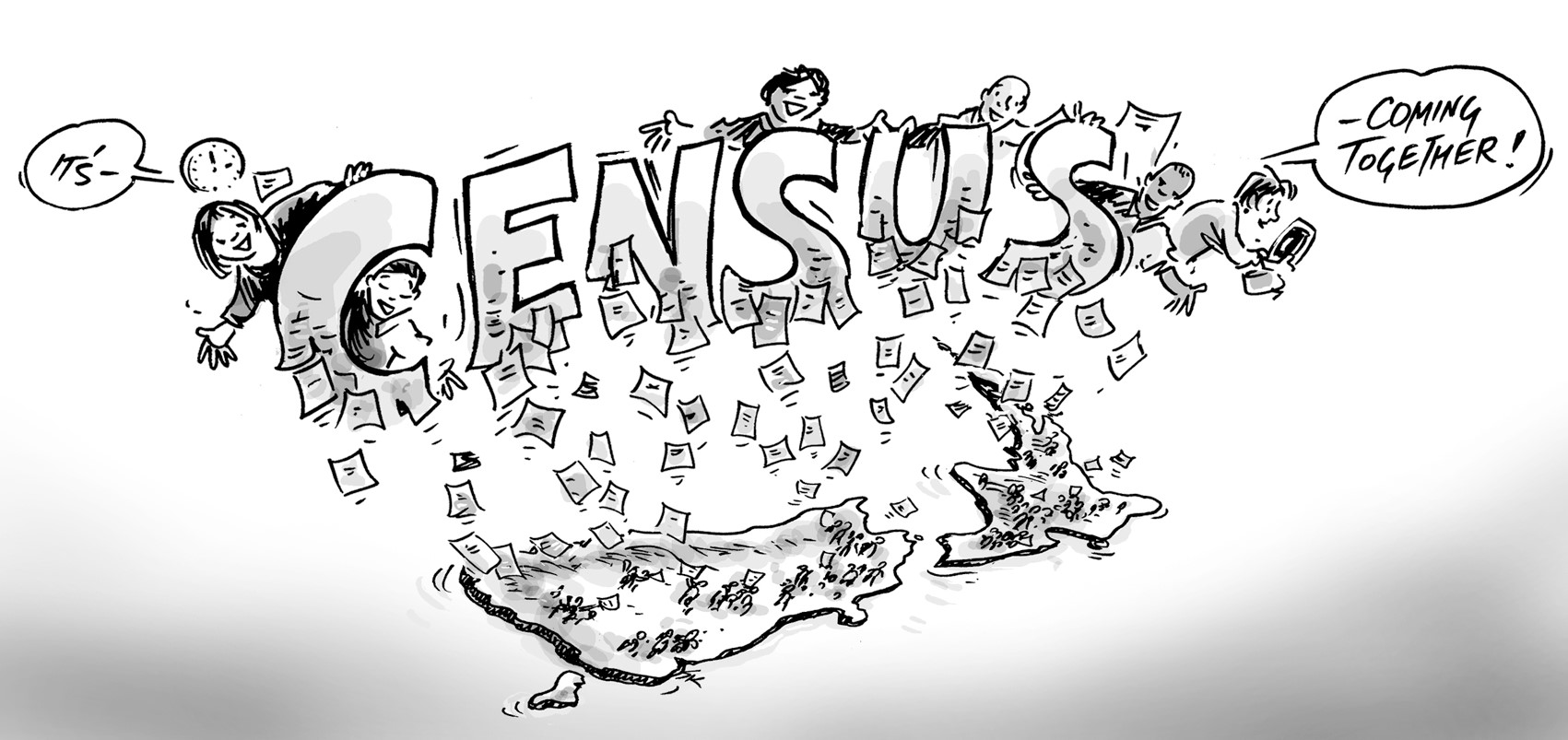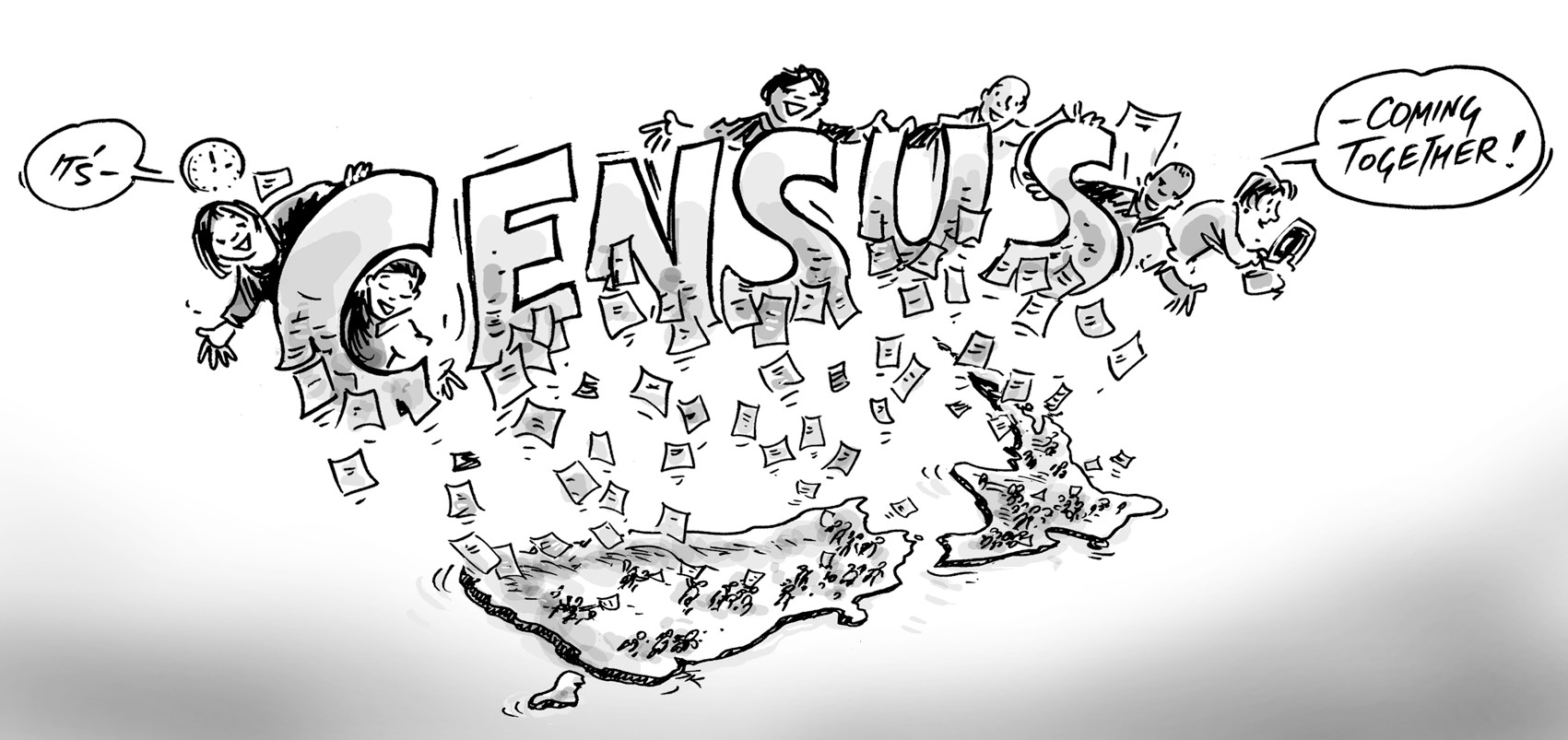My previous blog took a look at rising rental activity across New Zealand. Higher levels of renting seemed to roughly correspond with less affordable home ownership levels. But why does it really matter if people rent or own?
There are plenty of economic wizards who will argue that renting makes more financial sense in many situations (see “Rent or buy? New Zealand report” and “Forbes real estate: Buy or rent?”). Finance aside, what other implications would a rise in rental households have in an area?
Waikato University researchers (Roscruge, Grimes, McCann, & Poot, 2011) looked at the premise that renting has a negative influence on social capital (that is the social networks between people in a community that support a harmonious, well-functioning community). In the 1990s Harvard Professor Edward Glaeser and Chicago University’s Denise Di Pasquale found that home ownership strengthened social capital and stimulated investment in local facilities. Because of the transaction costs of selling, homeowners tend to be less mobile and as a result of staying longer in one place tended to have stronger social networks. Home ownership is in effect a barrier to mobility, but the resulting commitment to place motivates people to strive to improve their communities.
Waikato University researchers decided to pick up the subject and test it in the New Zealand context using the Quality of Life Survey data.
To investigate the influence of home ownership on social capital, four proxies from the Quality of Life Survey were used:
- Trust in others – used as a measure of social capital because higher levels of trust are implicitly linked with an individual’s ability to develop relationships with others.
- Participation in social networks – used because participation enables the development of social linkages
- Attitude towards local government – a natural corollary of high levels of social capital would be an interest in local decision-making
- Sense of community – in theory those who are more closely connected to the community would typically be more involved/engaged within that community
The research cross-tabulated the results across the socio-demographic categories of dwelling makeup – owner/occupier, renting from a family member, renting from a private landlord or renting from the state. The results overwhelmingly confirmed that, in New Zealand, home ownership encourages social capital.
Looking at trust in others, those that owned their house (fully or mortgaged) and those that rented from a family member reported having more confidence in others in general. In comparison, those that rented from the state or from a private landlord were much less trusting. A similar result was found for participation (i.e. taking part in community/neighbourhood events) where those renting from a private or state landlord were much less likely to take part in activities.
Higher levels of a sense of community were similarly revealed in the home ownership group and those renting from family, but in an interesting twist those who rented from the state also reported feeling a strong sense of community. The researchers thought that the typically longer length of stay in the state rentals likely contributed to that result.
Interestingly, when it came to attitudes towards local government, trends flipped. All renting categories were positive about their relationship with councils, however homeowners tended to be negative in their perceptions. This was because homeowners tended to hold their councils more accountable for performance – a likely result of the direct relationship with local government via rates.
The following social atlas map is a good example of how some of the researcher’s findings might play out in a practical sense. You can see quite dense aggregations of rental dwellings in areas like Cannons Creek (East, North and South) and in Porirua East. Conversely, in Aotea/Papakowhai which includes a new building development area, you can see very low levels of rentals.

This second map focuses on home ownership, essentially reversing the rental spatial pattern. Note how Aotea/Papakowhai shows up.

In summary, a rise in renting is likely have a negative impact on social cohesion. That prediction is something that will concern anyone working in community services, whether in a council and government agencies. There is a silver lining for councils though as they will enjoy less of a grilling from renters who tend to more positive about council performance.
Access our National Demographic Indicators Series for New Zealand to understand how your local area compare.











